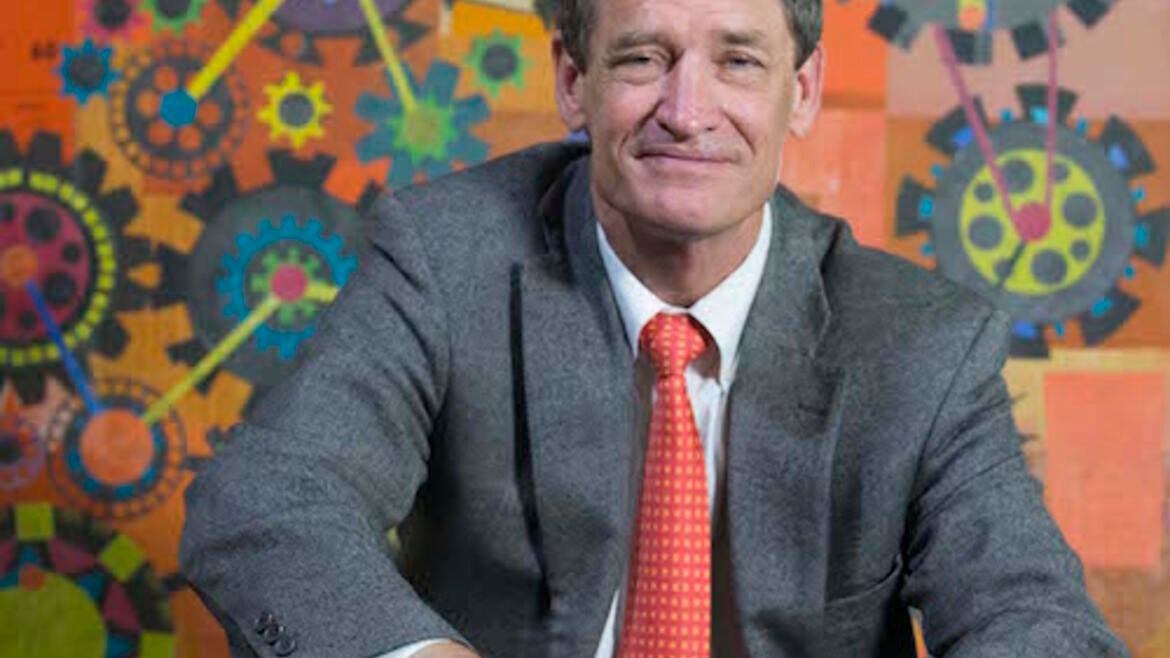Distinguished Speaker Series: Joseph J. Beaman

3D Printing, Additive Manufacturing, and Solid Freeform Fabrication
The Technologies of the Past, Present and FutureThe Analytics of Big Data
Joseph J. Beaman, Ph.D.
Director of the Advanced Manufacturing & Design Center, UT Austin
Starting in the 1980’s, several new technologies were created that have the potential to revolutionize manufacturing. These technologies are, for the most part, additive processes that build up parts layer by layer. In addition, the processes that are being touted for hard-core manufacturing are primarily laser or e-beam based processes. This presentation gives a brief history of Additive Manufacturing and gives an assessment of the process control for these technologies. These technologies initially grew out of a commercial need for rapid prototyping. This market has a different requirement for process and quality control than traditional manufacturing. The relatively poor process control of the existing commercial Additive Manufacturing equipment is a vestige of this history. This presentation discusses this history and improvements in quality over time. The emphasis will be on Additive Manufacturing processes that are being considered for direct manufacturing, which is a different market than the 3D Printing “Makerbot” market. Topics discussed include past and present machine sensors, materials, and operational methods that were used in the past and those that are used today to create manufactured parts. Finally, a discussion of new methods and future directions of AM process control is presented.
Professor Beaman is the Director of the Advanced Manufacturing & Design Center at UT Austin. Dr. Beaman pioneered Solid Freeform Fabrication (SFF), also called 3D Printing in the mid-1980's and has made continuing contributions to the field. He was the first academic researcher in the field and, he led a group of students and colleagues at the University of Texas that developed Selective Laser Sintering (SLS), which is now the most successful 3D Printing process for direct production of high-value, functional parts. He was elected to the National Academy of Engineers for this work in 2013 and the National Academy of Inventors in 2015.